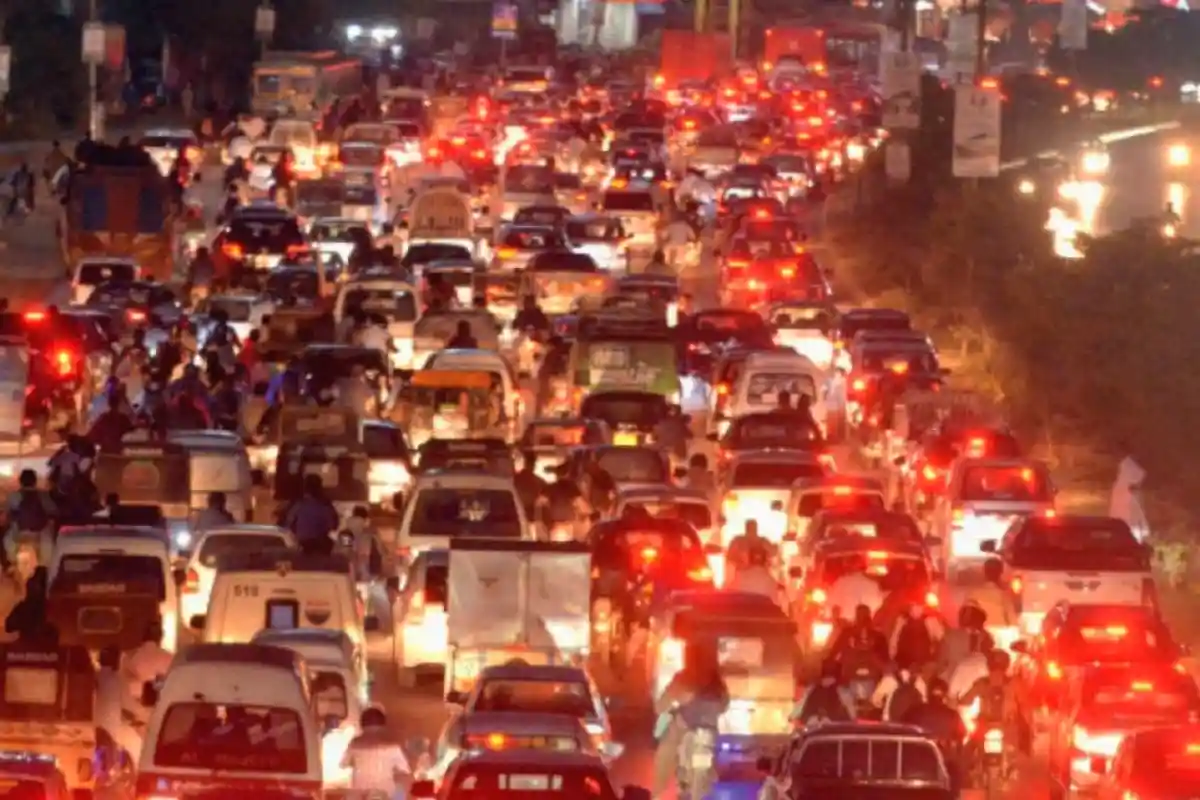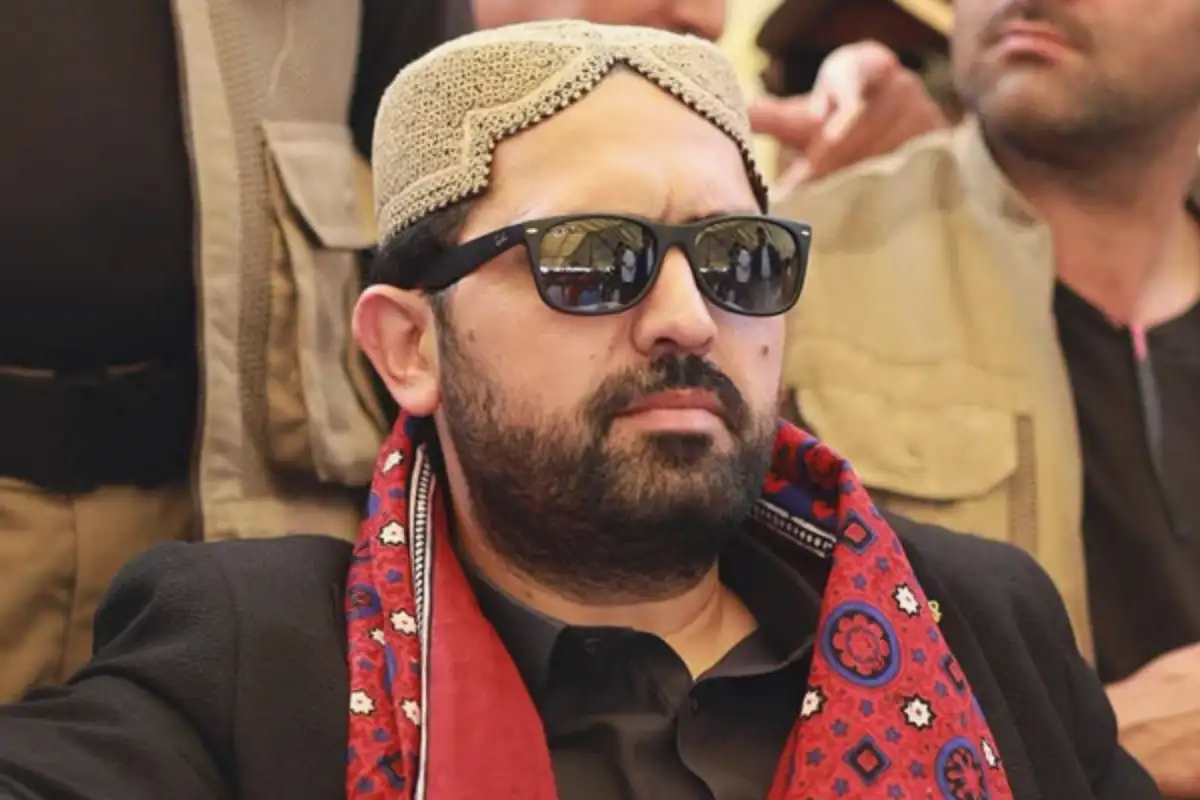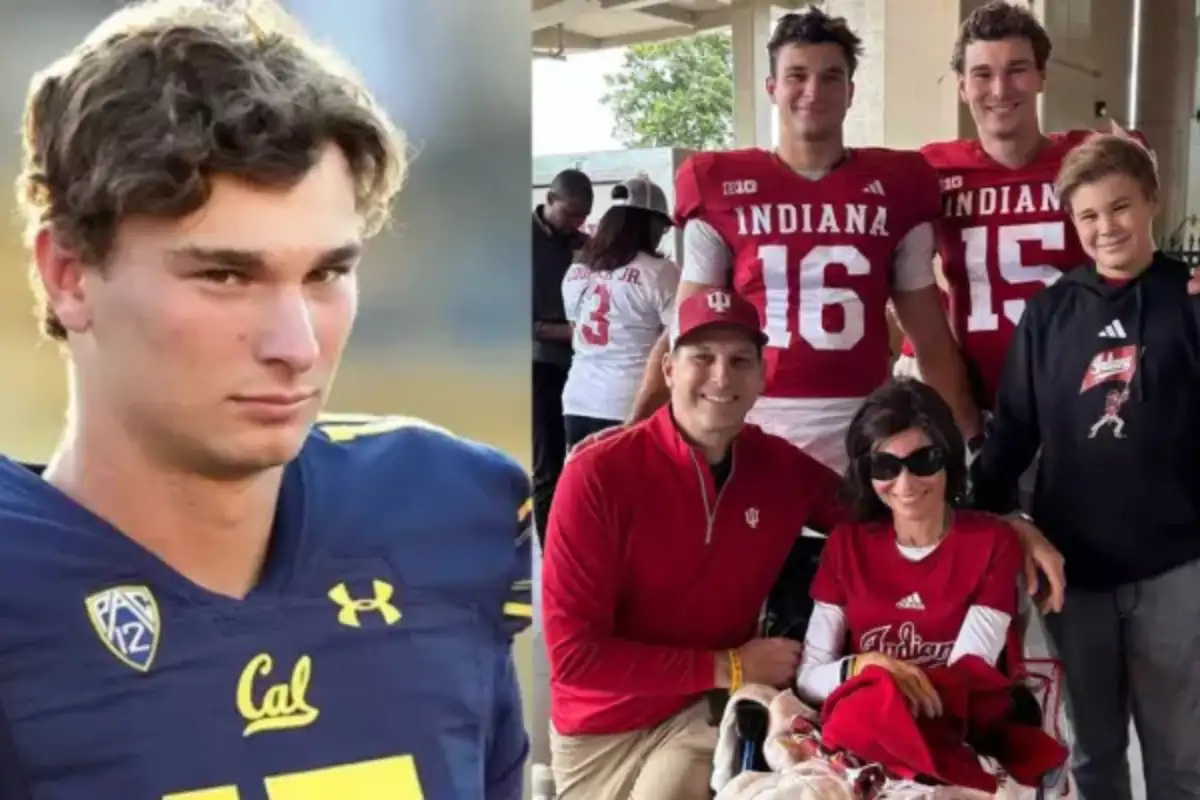BISP’s effect on nutrition and food security across Pakistan

BISP Taleemi Wazaif - Updates on registration and stipend
Across Pakistan, many families struggle to afford healthy meals. The Benazir Income Support Programme (BISP) gives cash to low-income households—mainly women—to help with daily expenses. But does this support actually help families eat better and improve children’s nutrition? Let’s break it down.
What Does Food Security Mean?
Food security means having regular access to safe, nutritious, and affordable food. It depends on three things:
Availability – Is food available in local markets?
Affordability – Can families afford to buy it?
Utilization – Is the food being used properly to meet the body’s needs?
If even one of these is missing, families can face hunger and poor nutrition.
Why Eating a Variety of Foods Matters
For children to grow healthy and strong, they need food from different groups: grains, proteins, fruits, vegetables, and dairy. But many poor families mainly eat wheat or rice. While these fill stomachs, they don’t provide all the vitamins and minerals kids need.
How BISP Helps
BISP gives regular cash payments to eligible families. This money is meant to ease poverty and hopefully allow families to buy healthier foods.
Early results showed progress:
- Families spent more on food.
- They added more eggs, meat, and fruits to their diets.
But this progress hasn’t been the same everywhere.
Why Are Results Mixed?
Recent studies show BISP didn’t always improve nutrition. Here’s why:
Small stipends – The cash isn’t enough to make big changes.
Limited food availability – Healthy options aren’t always sold nearby.
Other priorities – Families often spend on rent, medicines, or paying debts first.
A New Effort: BISP Nashonuma
To fix these gaps, BISP launched the Nashonuma program for:
Pregnant and breastfeeding women
Children under two
This program gives:
- Extra cash
- Nutrition advice
- Fortified foods and vitamins
- Regular health checkups
It combines financial help with education to encourage healthier eating.
Challenges That Remain
- Money alone isn’t enough – Nutritious food is still too costly or unavailable in some areas.
- Cultural habits – Some families don’t usually feed children meat, eggs, or vegetables.
- Measuring success is tricky – Many factors, like clean water and healthcare, also affect nutrition.
What Works Best?
Programs combining cash, education, and access to healthy food show the best results. Effective strategies include:
- Cash + nutrition counseling
- Cooking classes in communities
- Subsidized healthy food
- Stronger health services
Ideas for Improvement
For Policymakers:
Raise cash amounts to match rising food prices.
Expand Nashonuma to all of Pakistan.
Train health workers to give simple nutrition advice.
For Communities:
Run cooking and nutrition classes for mothers.
Spread awareness about balanced meals through clinics.
For Researchers:
Track families over longer periods.
Focus on real-world challenges in poor areas.
Read More: Cooking oil and ghee prices may rise in July 2025
Catch all the Trending News, Breaking News Event and Trending News Updates on GTV News
Join Our Whatsapp Channel GTV Whatsapp Official Channel to get the Daily News Update & Follow us on Google News.













